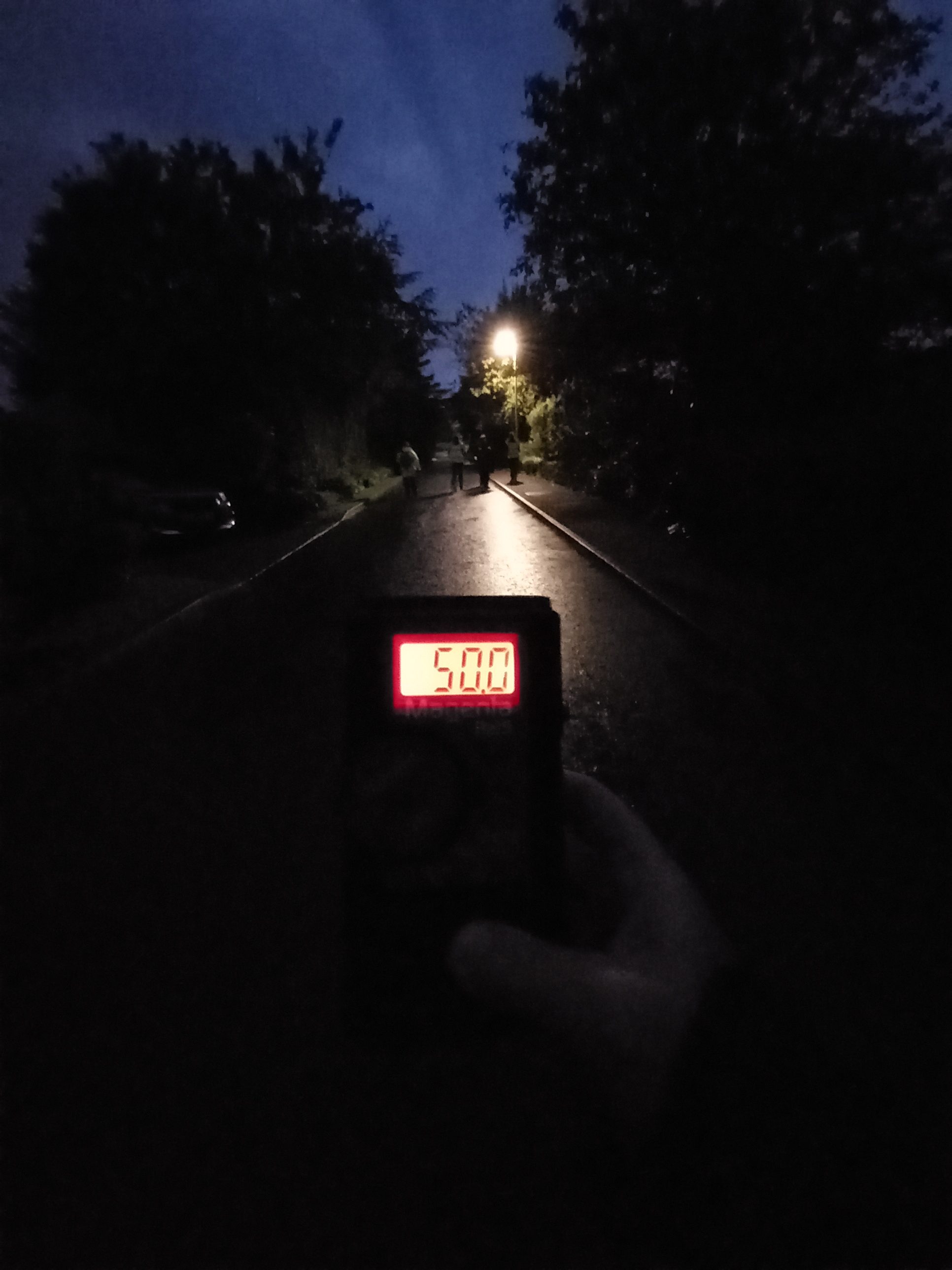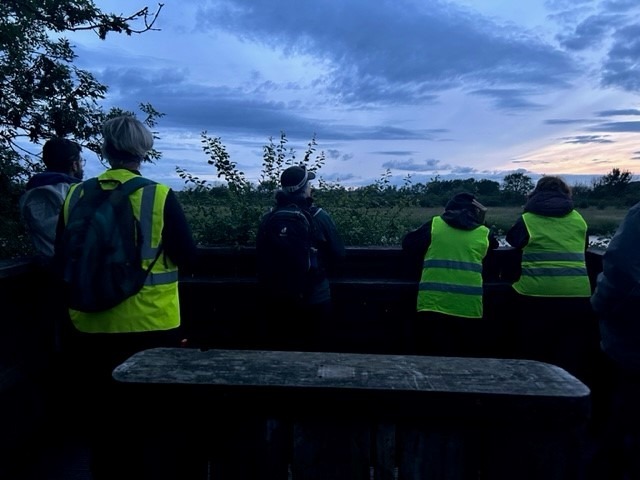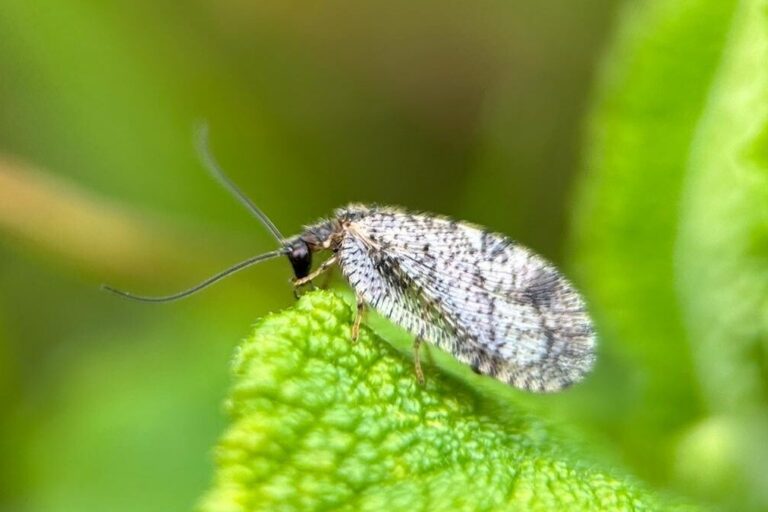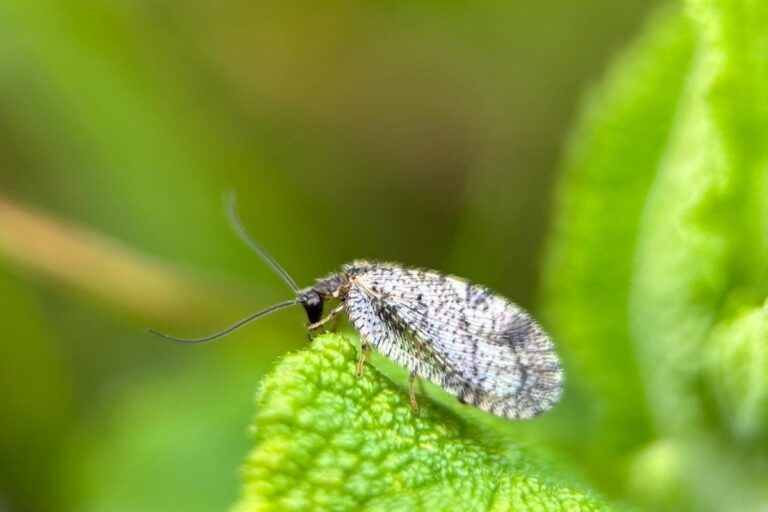By Liam Templeton, Species on the Edge Project Officer for the Solway Coast, Amphibian and Reptile Conservation
In May 2024, our friends from the Ayrshire & Arran Bat Group kindly offered to deliver a workshop titled “Using Your Ears” – a level two course and part of the Bat Conservation Trust’s National Bat Monitoring Programme. The course was hosted by The National Trust for Scotland at Threave Nature Reserve – Scotland’s first and only dedicated bat reserve and home to eight out of the ten species of bat currently found in Scotland.
The workshop included an hour-long presentation, during which attendees were introduced to the basic principles of bat identification with a particular emphasis on using heterodyne bat detectors to interpret the ultrasonic echolocation calls of different species of bat. At various intervals, participants were invited to test their “sonic memory”, creating rhythmic associations with which to help differentiate the rate and frequency of pulses produced by each species of bat.

As dusk fell over the reserve, we ventured out along the woodland path. We were soon visited by pipistrelles frantically circling overhead, and later a noctule as it gracefully glided high above. As we emerged into a clearing, we observed more noctules performing dramatic dives before disappearing over the horizon, while the pipistrelles raced laps around the hawthorn bushes. We made our way back to the car park along the banks of the river Dee, where a lucky few saw a low-flying Daubenton’s bat skimming the surface of the water.
Before departing, the group reflected on the aerial wonders they’d witnessed that evening and were duly instructed on how they could harness that enthusiasm for the benefit of our rapidly vanishing stars of the night. One attendee was so inspired by the experience, that they contacted me soon afterwards to say that they’d purchased a bat detector of their own and plan to put it to good use by signing up to the National Bat Monitoring Programme.



